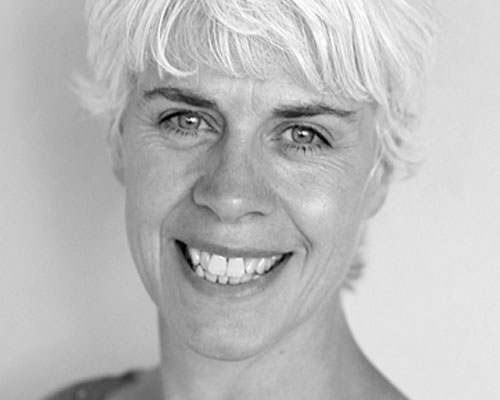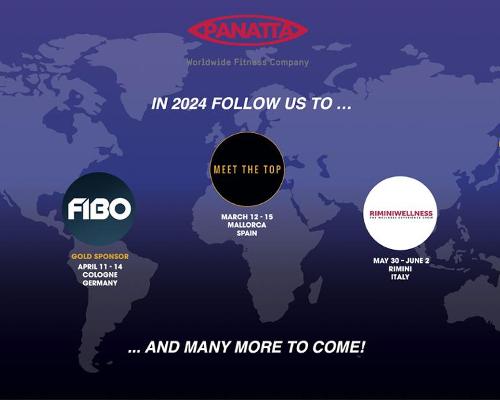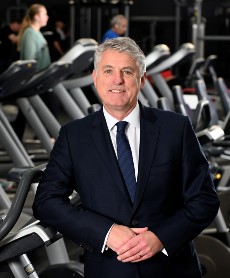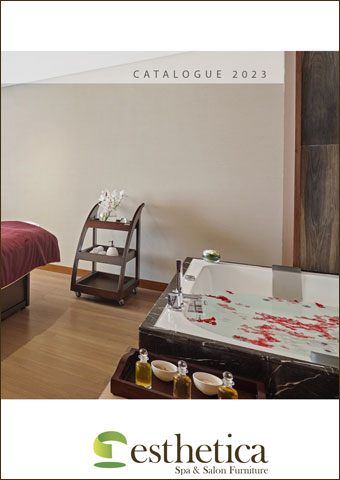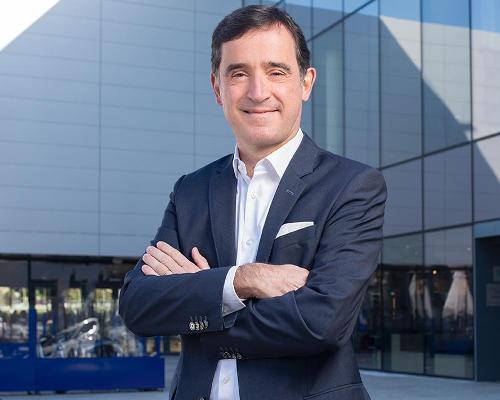features
Breaking the mould
Is your business ready for post-demographic consumerism? Global trend agency trendwatching.com explains why it’s time to throw out the traditional (and tired) demographic models of consumer behaviour

Consumer behaviour can seem increasingly chaotic. In September 2014, Canada-based yoga wear brand Lululemon announced plans to open its first men’s-only store in New York. The move followed a successful Man Camp pop-up store in North Carolina and the launch of a popular Lululemon Men twitter account. In the UK, women account for the majority of video game players, and there are more gamers aged over 44 than under 18. Meanwhile, in August 2014, luxury hotel chain Mandarin Oriental launched its Selfie in Paris initiative, offering guests a tour of the French capital’s best ‘selfie’ spots with a private car and driver.
Confused? You should be: consumers are increasingly behaving in ways we least expect. These examples give glimpses into one of the most important shifts in consumerism of modern times, and one that will require a fundamental overhaul of the demographic-focused approach that businesses have used to understand and predict consumer behaviour for decades. Global trend firm trendwatching.com focuses on this topic in its Post-Demographic Consumer briefing, and here details what this means for the global wellness industry.
Welcome to post-demographic
So what’s driving this shift in consumerism? Well, we’re entering an age of post-demographic consumerism: one in which the traditional demographic segments – age, gender, income bracket, nationality and more – are becoming less meaningful as predictors of consumer behaviour. Instead, consumers are freer than ever to construct identities and lifestyles of their own choosing.
This trend will have a fundamental impact on fitness and wellness businesses that previously relied on traditional demographic models to target and connect with consumers. But it will also have a far-reaching implication for all consumer-facing businesses: namely, that few new products, services and experiences, if any, will remain the preserve of a single demographic for long.
This new era is driven by the merging of many of the mega-trends that have shaped the economy and society over the past few decades: globalisation, urbanisation, mass affluence and expanding consumer markets, widespread adoption of digital technologies and increasing socio-cultural diversity.
Why the change?
Four powerful forces are driving the shift towards post-demographic consumerism: the global brain, the decline of old social norms, increased product and service choice, and new ways of accruing and displaying status.
The emergence of an online global brain is seeing consumers from all walks of life buying and using services from the same top brands: think Facebook, Apple, Amazon and more. The worldwide reach of information has caused the emergence of a global shared consciousness and left consumers from Seattle to Shanghai lusting after the same sneakers, smartphones and sushi.
Meanwhile, urbanisation has shattered traditional social structures and values/norms such as the family unit and gender roles, giving consumers permission to live the lives they choose rather than those determined for them by age, gender, location and other traditional demographic labels. According to JWT Intelligence, 87 per cent of BRIC millennials believe the freedom and exposure of living in the city has widened their world view. The choice and freedom found in cities gives these individuals more opportunities to construct their own identities outside of the traditions of their specific demographic, and this group has become more accepting of alternative and non-mainstream lifestyles.
A greater variety in product choice and an international expansion of the global class has allowed people to personalise and express themselves through their consumptions at a greater degree than ever before. All demographics are using social media to relate and associate themselves with brands – even if they don’t necessarily use or buy the product or service.
Consumers are ignoring demographic convictions and are picking – as well as identifying with – a wide range of brands. They’re frequently stepping across demographic boundaries. As BBC Radio 1’s head of music George Ergatoudis observes: “If you look at the list of the 1,000 favourite artists for 60-year-olds and the 1,000 favourite artists for 13-year-olds, there’s a 40 per cent overlap.”
Yes, younger consumers are still the most frequent first adopters of new and compelling inventions. They’re more open, more experimental and have fewer commitments. However, the world has become too blurred, too fluid, for new innovations to remain the preserve of the young for long. Now, all demographics are taking an active role as users of new and revolutionary gadgets and inventions.
Indeed, we see this again and again when looking at the adoption of novel and supposedly niche consumption habits. A 2014 study by Crowd Companies shows that, while 48 per cent of those who had used ‘neo-sharing’ collaborative consumption platforms (such as Airbnb, Zipcar and Kickstarter) were aged 18–34 years, 33 per cent were aged 35–54 and 19 per cent were aged over 55.
Action plan
So, how should businesses respond to these shifts in consumerism?
Embrace the new normal: Celebrate new racial, social, cultural and sexual norms. Coca-Cola’s (in)famous 2014 Super Bowl spot – featuring America the Beautiful sung in a wide variety of languages and by people from various races, religions and families – caused controversy with its non-traditional depiction of US society. But the drinks giant knew that demographics were on its side: the US saw a 32 per cent growth in its multi-racial population between 2000 and 2010.
Similarly, in October 2013, Indian jewellery brand Tanishq promoted its wedding collection in a commercial featuring a bride with her daughter from a previous union – the first campaign of its kind in India.
Be heretical towards your brand heritage: Brands should be willing to re-interpret or even overturn decades of brand history and tradition and do the opposite of what everyone expects: a powerful way to win the attention of new customers. In 2014, the Thug Kitchen vegan diet blog abandoned the ‘new age’ image typically associated with veganism and gave itself a sweary, aggressive makeover. It now bills itself “the only website dedicated to verbally abusing you into a healthier diet”.
Another example? For decades, the Harley Davidson brand could be summed up by one word: rebel. But in October 2014 the brand went heretical: it embraced environmental responsibility by partnering with The Nature Conservancy on a pledge to plant 50 million trees by 2020.
Encourage cross-demographic fertilisation: With consumer preferences ever more universal, the opportunities to transfer innovations from an initial demographic to another have never been greater – a very potent play for health and wellness brands. Ex-wrestler Diamond Dallas Page created DDP Yoga after finding that practising yoga helped him recover from injury. Targeting men who might be sceptical of conventional spiritual yoga programmes, DDP Yoga incorporates additional muscle strengthening elements. Similarly, CrossFit Kids – a variant of the high-intensity workout phenomenon – can now be found in over 1,800 gyms and 1,000 schools around the world.
Focus on small niches: Thanks to expanding and online markets, there’s a real opportunity for businesses to focus on small groups and fringe niches that weren’t previously accessible. For example Kickstarter, the online crowdfunding platform, is enabling creators to pre-sell and therefore test demand for their products and services. It’s seen US$1.3bn worth of pledges to over 70,000 projects – including US$296,000 raised by Zen Float, a US-based isolation tank company that’s designed the first affordable floatation tank for the home.
Brave new world
It’s now a brave new post-demographic world, where consumer tastes and behaviours can no longer be understood by traditional demographic approaches.
Successful products, services and brands will transcend their initial demographics almost instantaneously.
As a result, businesses that continue to attempt to navigate using demographic maps – with their borders defined by age, gender, location and income – will be ill-prepared for the speed, scale and direction of the changes that lies ahead.
By contrast, organisations that explore opportunities for innovation among seemingly dissimilar or even opposite demographics – and that can incorporate their learning into their strategies (no matter which demographic segment they target) – will be the most likely to succeed.
Find out more
As one of the world’s leading trend firms, trendwatching.com sends out its free, monthly Trends Briefings in nine languages to more than 160,000 subscribers. Sign up at
www.trendwatching.com















